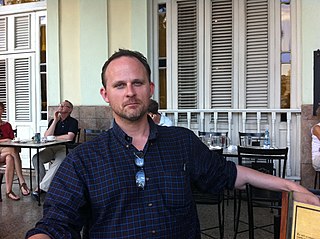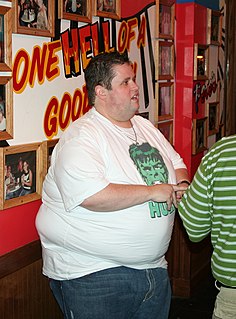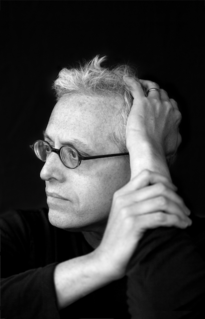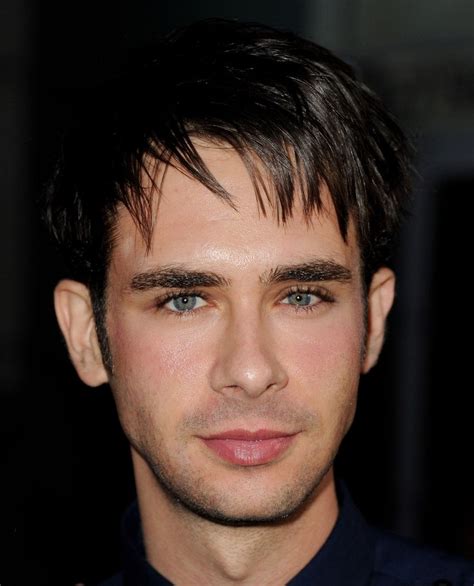A Quote by Jim Shepard
I don't think conservativism is about a deficiency. I think it's about a commitment to an ideology that has to in some ways devalue the usefulness of empathy. I do think empathy can be learned. And enhanced.
Quote Topics
Related Quotes
I think empathy is a guy who punches you in the face at a bus station, and you're somehow able to look at that him and know enough about what situation he was in to know that he had to do that and not to hit back. That's empathy, and nothing ever happens in writing that has that kind of moral heroism about it.
Empathy is a human trait. But lots of humans exercise some traits more energetically than others. By "the usefulness of empathy" I mean the way in which a progressive might claim that empathy is a crucial aspect of any benign political system, and the way a conservative might argue that not only is it not necessary, but it might not even be all that helpful, in that regard.
I've had people hate me for my appearance. I think it gets me a certain level of empathy with the audience. If I was white and handsome and privileged, I probably couldn't talk about what I talk about because people wouldn't believe that I have empathy or I could be evenhanded and objective. It's strange.
I always like it when writers posit writing as an act of empathy. It's such a grand turn of phrase, such a noble ideal; empathy is so worth aiming for in life that the same must hold true in art. But personally, I can't think too deeply about that when I'm working, or I'd never get anything down on the page.
What I learned is, we have to listen to each other, even when we don't agree, even when we think we hate each other. We have to listen to each others narratives. Not interrupt defensively, or with hostility, but really try to open our hearts and listen with empathy. I learned so much from that meeting. It was a very difficult thing to do and it was one of the best things that I ever did in my life. Look what scares you in the face, and try to understand it. Empathy, I have learned, is revolutionary.
When people want to inspire you to turn against some group of people, they'll often use empathy. When Obama wanted to bomb Syria, he drew our attention to the victims of chemical warfare. And in both of the Iraq wars, politicians said, "Look at the horrific things that are happening." I'm not a pacifist. I think the suffering of innocent people can be a catalyst for moral action. But empathy puts too much weight on the scale in favor of war. Empathy can really lead to violence.
My book is going to be called Against Empathy, which may give you a feeling for where my argument is going to go. Whenever I talk about this, I have to begin in the most boring of all possible ways: by defining my terms. By "empathy," some people mean everything that is good - compassion, kindness, warmth, love, being a mensch, changing the world - and I'm for all of those things. I'm not a monster.


































